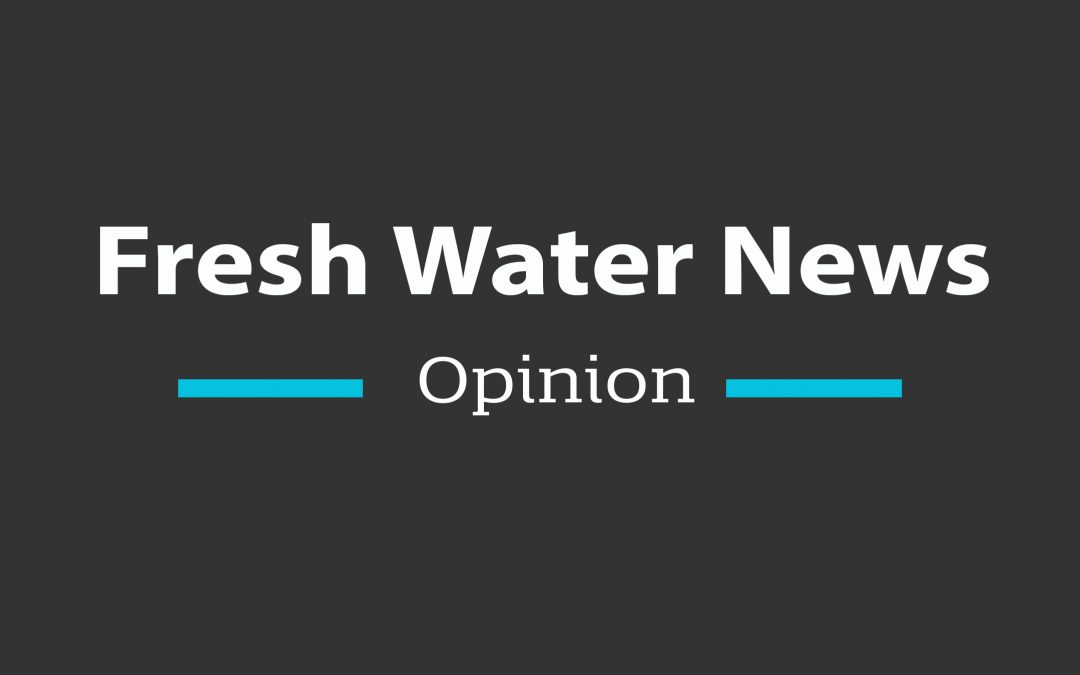Throughout most of the United States, the federal government is in charge of regulating and issuing permits for dredging and filling of any materials into “waters of the United States (WOTUS).” Section 404 of the 1972 Clean Water Act set up this program, which is why we refer to these dredge-and-fill permits as 404 Permits. Currently, the Colorado Department of Public Health and Environment (CDPHE) is looking into creating a permitting program that runs in addition to the federal Section 404 permitting program in Colorado. This program would cover State Waters no longer protected at the federal level due to the reduced Clean Water Act coverage under the recent Trump rule.
Often, discussions around WOTUS and the new Trump rules are described as “rivers losing protections.” This is vague and obscures the fact that state water quality regulations and protections, and many federal protections, are still in place. All of the protections before the 2015 Clean Water Rule are still in place.
CDPHE’s effort has been described as a “gap-filler” program to provide the agency with temporary authority to issue permits over water bodies not covered by the Trump rule. With the issuance of a Biden rule, this program will then “go dormant” until a future administration issues its own rule that decreases the scope of jurisdictional waters.
Most importantly for Colorado, this means ephemeral streams. An ephemeral stream has flowing water only during, and for a short duration after, precipitation events in a typical year. Ephemeral stream beds are located above the water table year-round. Groundwater is not a source of water for the stream. Runoff from rainfall is the primary source of water for streamflow. There are multiple issues and obstacles with requiring dredge-and-fill permits for ephemeral streams that need further examination and conversation.
There are a significant number of these streams throughout the state, and most of the datasets related to Colorado don’t even include ephemeral streams. The datasets that do include ephemeral streams have not even been verified on the ground for accuracy. The National Hydrography Dataset (NHD) is the main source for stream channel mapping, and the mapping and classification of ephemeral streams is often inaccurate. The other issue is the sheer abundance of ephemeral streams throughout the state and that run through many working farms, ranches, and other private properties. Due to rainfall patterns, what is and isn’t an ephemeral stream can even change from year to year. It is important to note that CDPHE has stated in recent stakeholder meetings that agricultural lands will be exempt. (This was also a provision in Obama’s Clean Water Rule).
Currently, there are not a lot of details of a possible program run by the CDPHE. It is highly likely that this issue will be sent to the interim Water Resources Review Committee after the legislative session. Many states have looked into assuming 404 permitting at the state level and three states (Michigan, New Jersey, and Florida) have taken over 404 permitting duties. It is also that federal jurisdiction will change if administrations continue to change in the future, creating long-term uncertainty. Other states that have examined State Assumption of 404 permitting developed a strategy first, completed feasibility studies, and had extensive outreach among the regulated community to properly identify barriers, costs, benefits, and disadvantages issuing dredge-and-fill permits. There are Clean Water Act Section 104 grants available for states to complete these studies. Colorado has not applied for this funding.
Even if CPHDE proposes a temporary program with the ability to “go dormant,” we will be creating a structure that will likely impact future conversation and could be the foundation of a permanent program. This is an issue that needs much more examination, because we will be living with its impacts for years to come.
Greg Peterson is executive director of the Colorado Ag Water Alliance.


 Print
Print